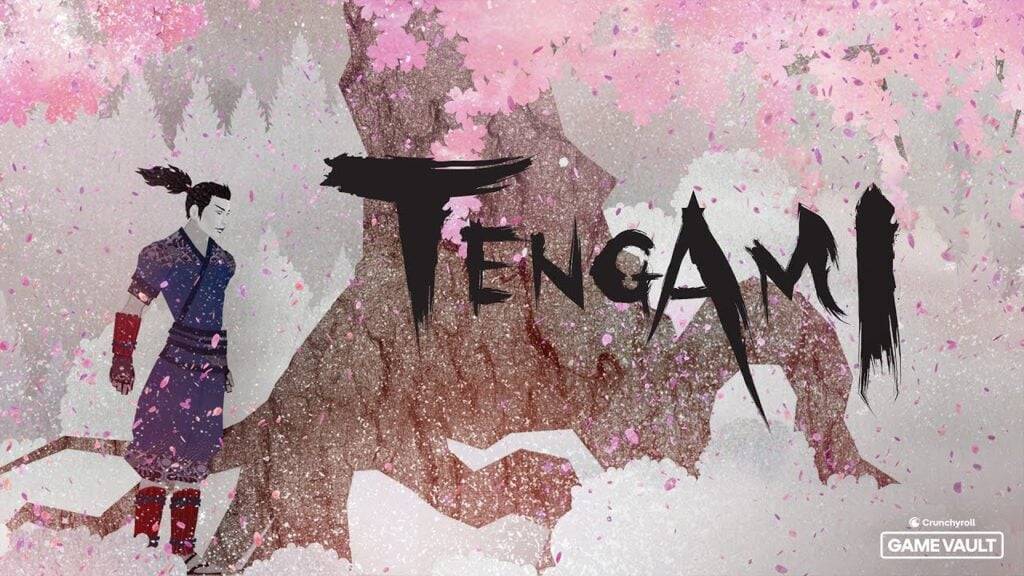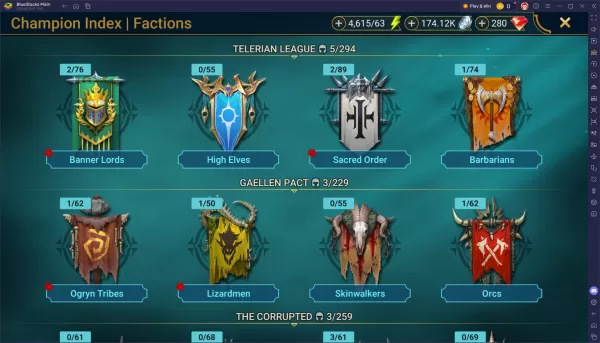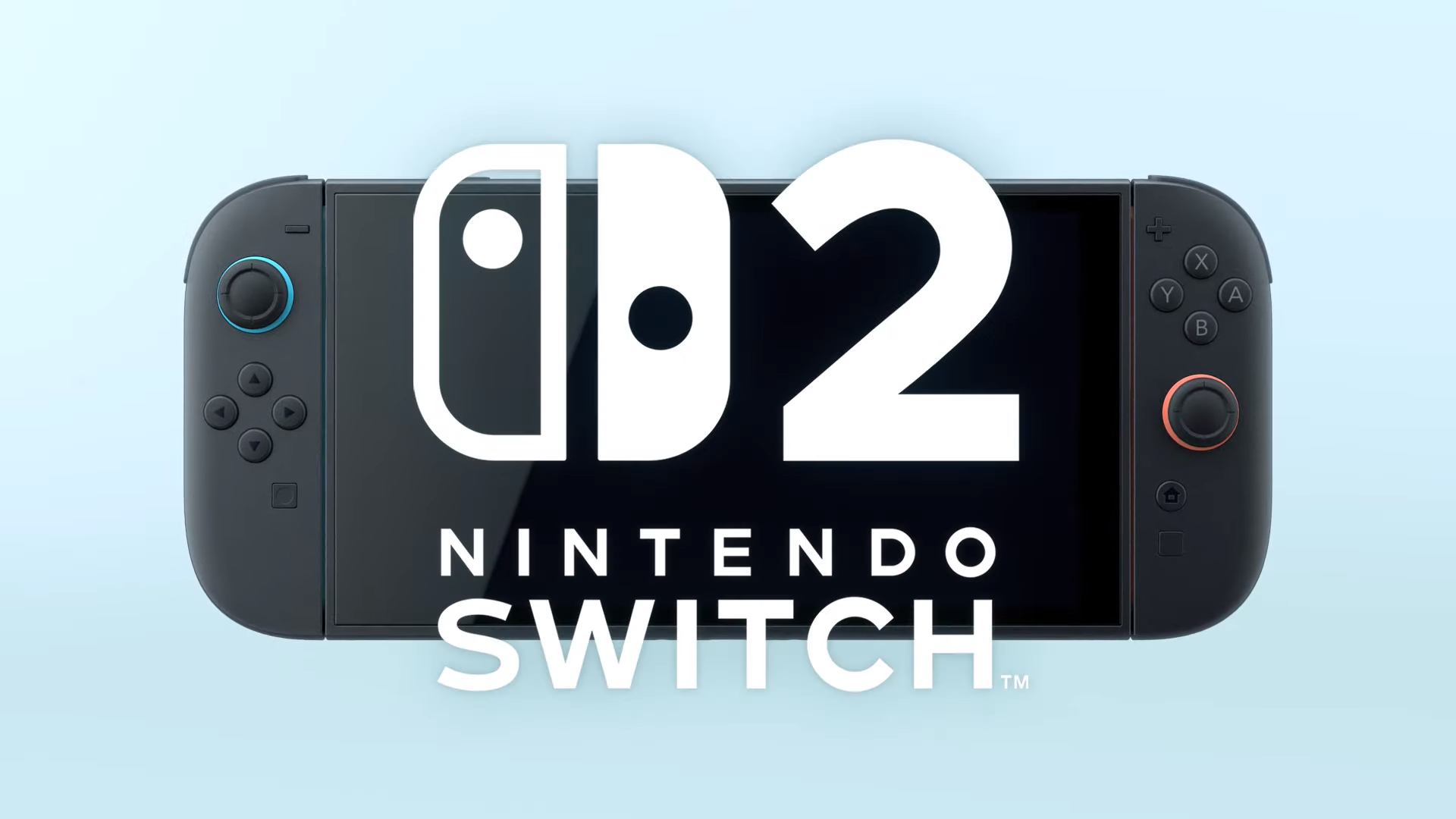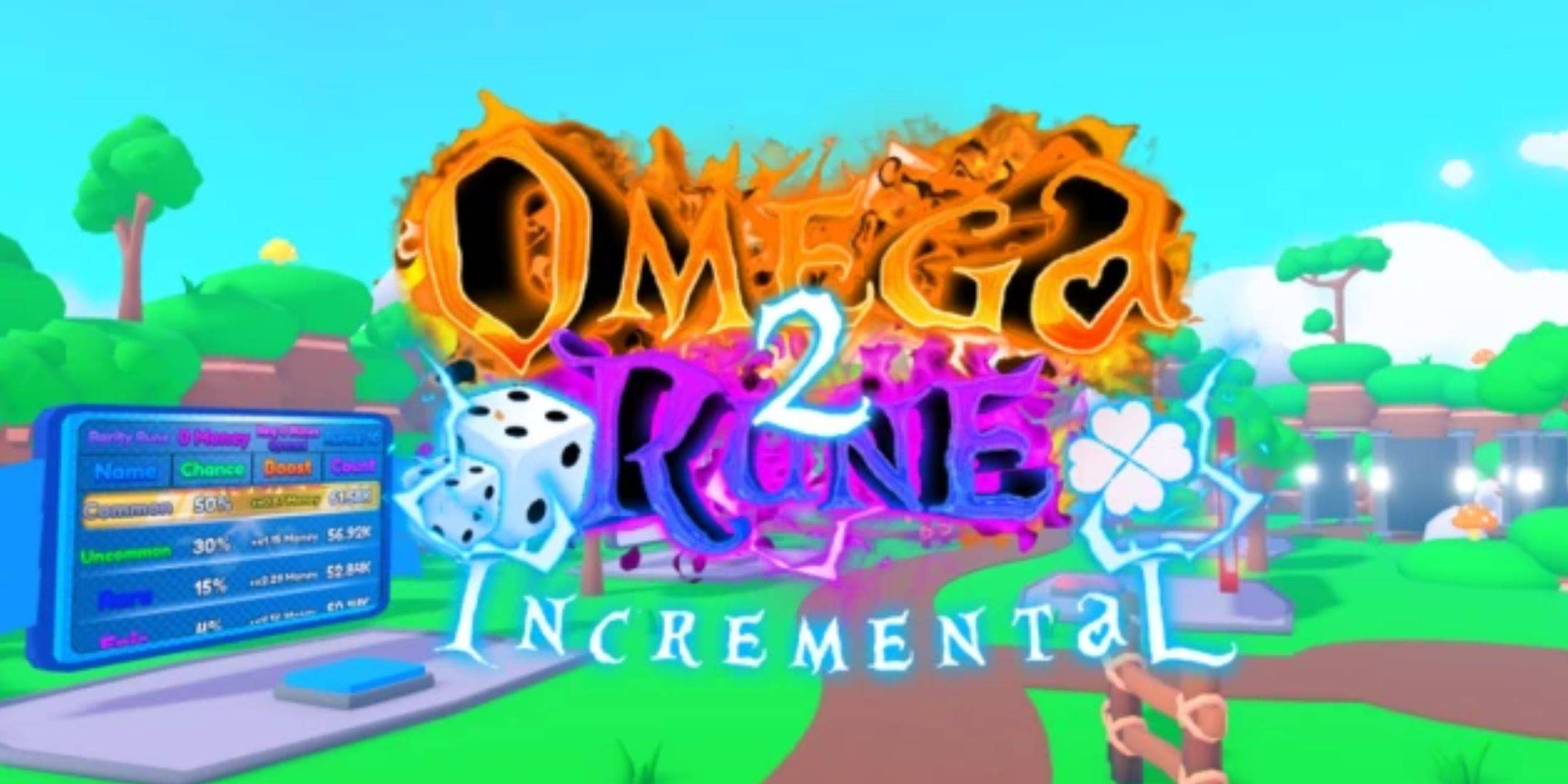Capcom Leverages AI for Game Environment Design
- By Jack
- Mar 12,2025
Capcom is exploring the potential of generative AI to streamline the creation of the vast number of design ideas required for its game environments—a process currently demanding "hundreds of thousands" of unique concepts. This initiative reflects a broader industry trend: as video game development costs escalate, publishers are increasingly turning to AI tools, a move that remains controversial. Activision, for example, faced criticism for reportedly using AI to generate a cosmetic item for Call of Duty: Modern Warfare 3 in late 2023 and, allegedly, a loading screen the previous year. EA even declared AI "the very core" of its business in September.
In a recent interview with Google Cloud Japan, Kazuki Abe, a Capcom technical director with experience on major titles like Monster Hunter: World and Exoprimal, detailed the company's AI experimentation. He highlighted the significant time and labor invested in generating the sheer volume of unique ideas needed for game assets. Even seemingly simple objects like televisions require unique designs, logos, and shapes, resulting in the creation of hundreds of thousands of concepts, many of which remain unused. This process involves multiple design proposals for tens of thousands of objects per game, each requiring illustrations and text descriptions for communication with art directors and artists.
To address this efficiency bottleneck, Abe developed a system leveraging generative AI. This system processes game design documents and generates design ideas, accelerating development and refining output through iterative feedback. His prototype, utilizing AI models such as Google Gemini Pro, Gemini Flash, and Imagen, has reportedly garnered positive internal feedback. The anticipated outcome is a significant cost reduction and a potential improvement in overall quality compared to manual creation.
Currently, Capcom's AI implementation is focused solely on this ideation system. Other crucial aspects of game development, including gameplay design, programming, and character design, remain firmly under human control.
Latest News
more >-

-
- Cardinals Watch Conclave Ahead of Key Event
- Feb 15,2026
-

-

- Xbox Controller Gets a Major Upgrade
- Feb 13,2026
-

- Top 2025 Faction War Champions in Raid
- Feb 12,2026



